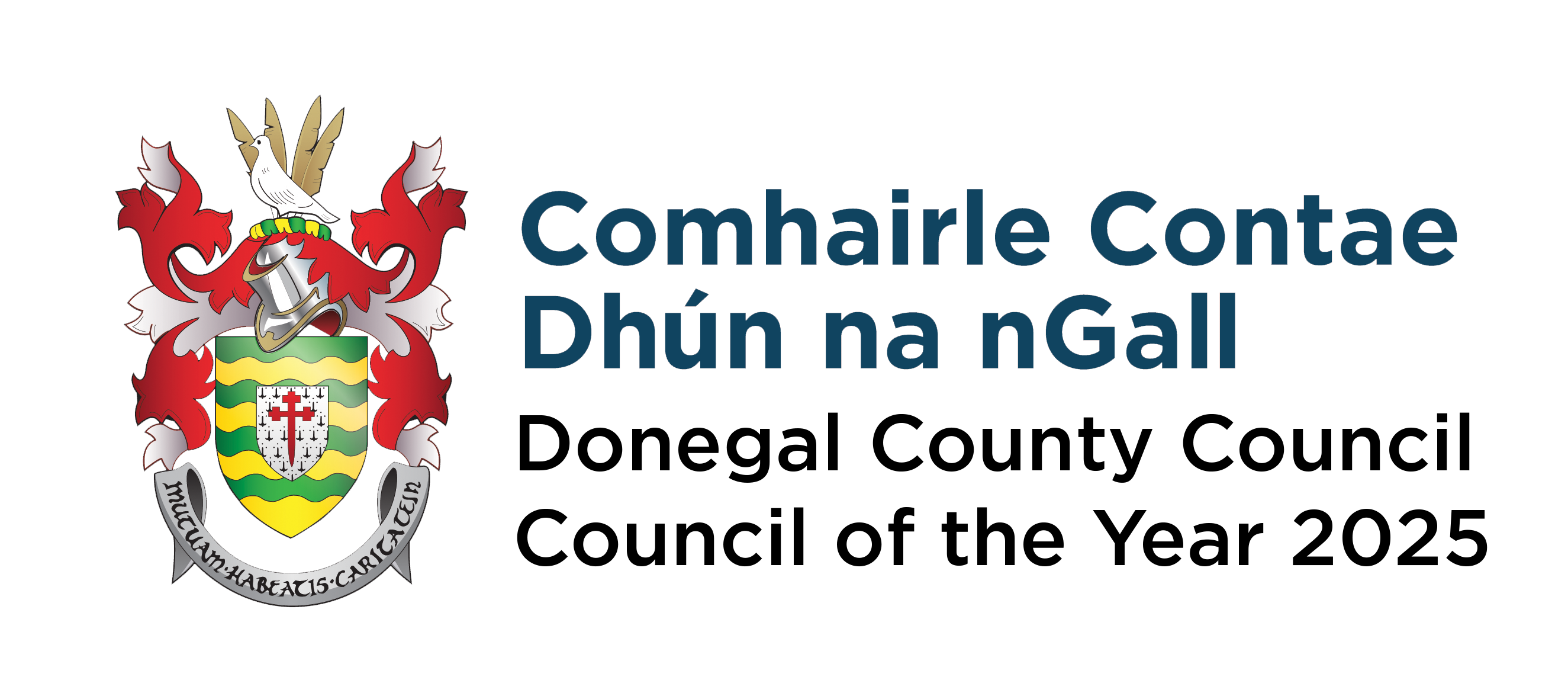Private Rented Accommodation
Privately rented accommodation must be registered by the landlord with the Residential Tenancies Board (RTB) and a registration fee paid. Each registration must be renewed annually, but if the tenancy changes within that period a new registration fee applies.
Responsibilities of Landlords
Under the terms of the Residential Tenancies Act 2004 landlords must:
- register the tenancy with the RTB upon commencement and, thereafter, re-register annually within one month of the anniversary of the tenancy start date
- provide tenants with a dwelling that is a safe and healthy environment to live in
- allow the tenant to enjoy peaceful and exclusive occupation
- regularly review the condition of the dwelling
- maintain and repair the dwelling and the equipment provided with it, arising from the wear and tear associated with normal use
- carry out necessary repairs, subject to tenant liability for damage beyond normal wear and tear
- insure the dwelling, subject to the insurance being available at a reasonable cost
- provide a point of contact
- promptly refund deposits unless rent is owing or there is damage beyond normal wear and tear
- reimburse tenants for expenditure on repairs that were appropriate to the landlord
- enforce tenant obligations
- not penalize tenants for making complaints or taking action to enforce their rights
- allow the Council access to the property to undertake inspections.
There are further provisions in the Act in relation to terms of rent and security of tenure.
Note: Landlords providing long-term leases (minimum of 10 years) do not have to provide white goods, but must provide facilities to install white goods.
Responsibilities of Tenants
Tenants must also take responsibility for the property. They are required to exercise due care when using the dwelling and the equipment in it and to promptly inform the landlord when repairs are needed. Tenants are responsible for the repair of damage, either accidental or deliberate, that is not attributable to normal use. Tenants are required to allow the Council access to the dwelling to undertake inspections.
Inspections
The minimum standards prescribed for rented dwellings are contained in the Housing (Standards for Rented Houses) Regulations, 2019 (S.I. 137 of 2019).
The Council (as Housing Authority) is responsible for carrying out inspections of private rented dwellings to determine whether they meet the standards for rental accommodation. Where a dwelling does not meet the standards, the Council ensures compliance through the use of improvement and prohibition notices, and legal proceedings. Landlords and tenants are required to allow the Council access to the property to undertake inspections.
Where it is not clear from an inspection that a rental property complies with the Regulations, the Council may require the landlord to provide such evidence as is necessary to establish that they have complied with the requirements of the Regulations.
Tenants may report suspected non-compliance with the standards to the Council and request that inspections be carried out. Tenants are entitled to be informed of the outcomes of inspection and enforcements processes.
Complaints
Tenants of dwellings that do not meet the minimum standards should, in the first instance, contact the landlord in order to give them an opportunity to put the matter right.
If a tenant has notified the landlord of the need to adhere to the Regulations, but the problem has not been rectified, then the tenant can refer the matter to the Council’s Housing Section for investigation.
When contacting the Council, the tenant should provide:
- full name, address, and contact details
- full dtails of their complaint, concerns or query
- name, address, and contact details of the landlord.
If it is the opinion of the Council that the complaint requires further investigation, then an appointment will be made to inspect the dwelling and further action initiated, if warranted.
Complaints or queries should be submitted to the following:
By Email: privaterented@donegalcoco.ie
By Post: Donegal County Council, Housing Section, Public Service Centre, Gweedore Road, Dungloe, Co. Donegal.
Further Information and Useful Links
For further information visit www.rtb.ie
Minimum Standards in Rental Accommodation March 2024 Click here
Residential Tenancies Board – www.rtb.ie
Threshold (National Housing Organisation) – www.threshold.ie
Threshold is a national housing organisation that helps prevent homelessness by providing free advice to people in housing difficulty.
